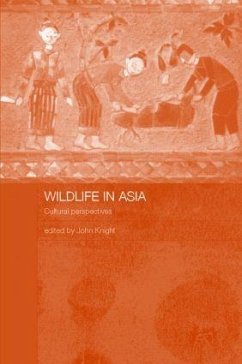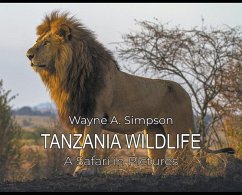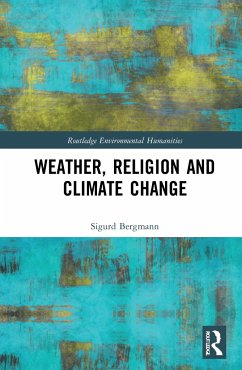
Is CITES Protecting Wildlife?
Assessing Implementation and Compliance
Versandkostenfrei!
Versandfertig in 1-2 Wochen
169,99 €
inkl. MwSt.
Weitere Ausgaben:

PAYBACK Punkte
85 °P sammeln!
This book assesses the Convention on International Trade in Endangered Species of Wild Fauna and Flora (CITES), examining both implementation and compliance. Humans are causing a biodiversity crisis, where 1 million species are facing extinction. Species are dying, in no small part, because they are overexploited, poached and trafficked and CITES is the main international instrument designed to protect traded wildlife. Does the state of the world's species mean CITES is failing? This book explores the implementation of and compliance with CITES by all 183 member countries. It is imperative we ...
This book assesses the Convention on International Trade in Endangered Species of Wild Fauna and Flora (CITES), examining both implementation and compliance. Humans are causing a biodiversity crisis, where 1 million species are facing extinction. Species are dying, in no small part, because they are overexploited, poached and trafficked and CITES is the main international instrument designed to protect traded wildlife. Does the state of the world's species mean CITES is failing? This book explores the implementation of and compliance with CITES by all 183 member countries. It is imperative we know the nature and extent of the implementation of and compliance with CITES legislation in all parties to fully understand the impact of legal and illegal trade on species survival. Through extensive legislative content analysis, a Delphi iterative survey, and semi-structured interviews, this is the first book to share empirical research about CITES implementation and compliance. This book contains a comprehensive analysis of the state of CITES, what is done well, what could be done better, and what the future might bring to try to curtail the slide of the world's wildlife into extinction. By identifying lessons learned in relation to CITES legislation, implementation and compliance this book provides hard evidence to member countries as to how their own practice can be improved. This timely book will be essential reading for students and academics interested in wildlife law, trade and trafficking, green criminology and biodiversity conservation more broadly. It will also be of interest to professionals working in wildlife law enforcement.













